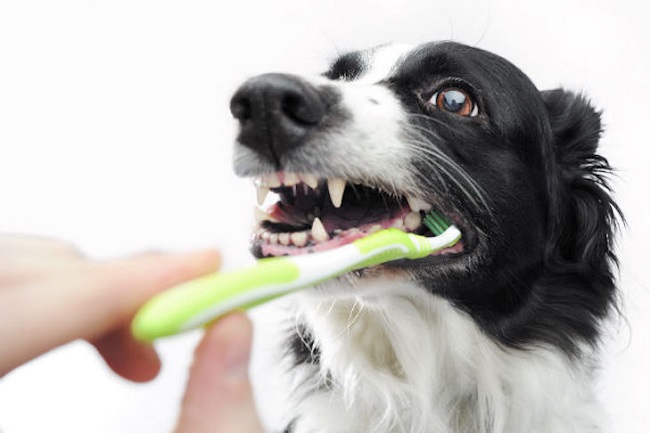
We all love our furry companions, and it’s easy to get lost in their adorably expressive eyes, wagging tails, or contented purrs. However, there’s one aspect of pet care that often goes overlooked but is crucial for their overall health and wellbeing: dental hygiene. Just as we prioritize dental health for ourselves, our pets also deserve the same level of care for their teeth. In this article, we will explore the importance of having your pet’s teeth cleaned and the positive impact it can have on their quality of life.
The Hidden Dangers of Neglected Pet Dental Health
Neglecting your pet’s dental hygiene can lead to a host of serious health issues, not just limited to their mouth but affecting their entire body. Here are some of the hidden dangers of ignoring your pet’s dental care:
Periodontal Disease: Periodontal disease is one of the most common dental issues in pets. It starts with the buildup of plaque and tartar on their teeth, leading to gingivitis (inflammation of the gums) and, if left untreated, can progress to periodontitis. Periodontal disease can be extremely painful and can even cause tooth loss.
Pain and Discomfort: Just like humans, pets can experience toothaches and discomfort if they have dental issues. They may have difficulty eating, playing, or even sleeping.
Systemic Health Problems: Poor dental health doesn’t stay confined to the mouth. Bacteria from infected gums can enter the bloodstream, affecting vital organs like the heart, liver, and kidneys. This can lead to more severe health issues, potentially shortening your pet’s lifespan.
Bad Breath: While bad breath in pets may seem harmless, it’s often a sign of dental problems. No one wants to cuddle with a furry friend whose breath could knock you off your feet!
The Benefits of Regular Dental Cleanings
Now that we’ve seen the risks of ignoring your pet’s dental health, let’s explore the benefits of regular dental cleanings:
Preventative Care: Regular dental cleanings can help prevent the development of dental issues. By removing plaque and tartar buildup, you reduce the risk of gum disease, tooth decay, and infections.
Pain Relief: Cleaning your pet’s teeth can alleviate pain and discomfort associated with dental problems. A pain-free pet is a happier, more active, and playful one.
Improved Overall Health: Maintaining good oral health can contribute to your pet’s overall wellbeing. By reducing the risk of systemic health issues, you can help them live a longer and healthier life.
Fresh Breath: Dental cleanings can eliminate bad breath, making cuddle time with your pet much more enjoyable.
Cost Savings: While regular dental cleanings may seem like an expense, they can save you money in the long run. Preventing serious dental issues can spare you from costly treatments and surgeries.
How to Care for Your Pet’s Teeth
Taking care of your pet’s dental health is a commitment that involves both professional and at-home care. Here are some essential tips:
Regular Vet Visits: Schedule regular dental check-ups with your veterinarian. They can assess your pet’s oral health and recommend cleanings as needed.
Brushing: Brush your pet’s teeth regularly using pet-friendly toothpaste and a soft-bristle toothbrush. Start this habit when your pet is young to make them more comfortable with the process.
Dental Chews and Toys: Provide dental chews and toys designed to help remove plaque and tartar.
Diet: Choose a diet that supports dental health, such as dental-specific pet foods or kibble designed to reduce tartar buildup.
Conclusion
Caring for your pet’s dental health is not just about aesthetics; it’s about ensuring a happy, pain-free life for your furry friend. Regular dental cleanings and at-home care can prevent a host of issues and contribute to your pet’s overall health and longevity. So, the next time you gaze into those loving eyes, remember to show your pet’s teeth some love too. A healthy smile truly is a gateway to a healthier life for your beloved companion.
Related Articles & Free Email Newsletter Sign Up
How to Help Your Pet Lose Weight Safely and Happily
How to Identify and Treat Mange in Dogs and Cats


Comment here